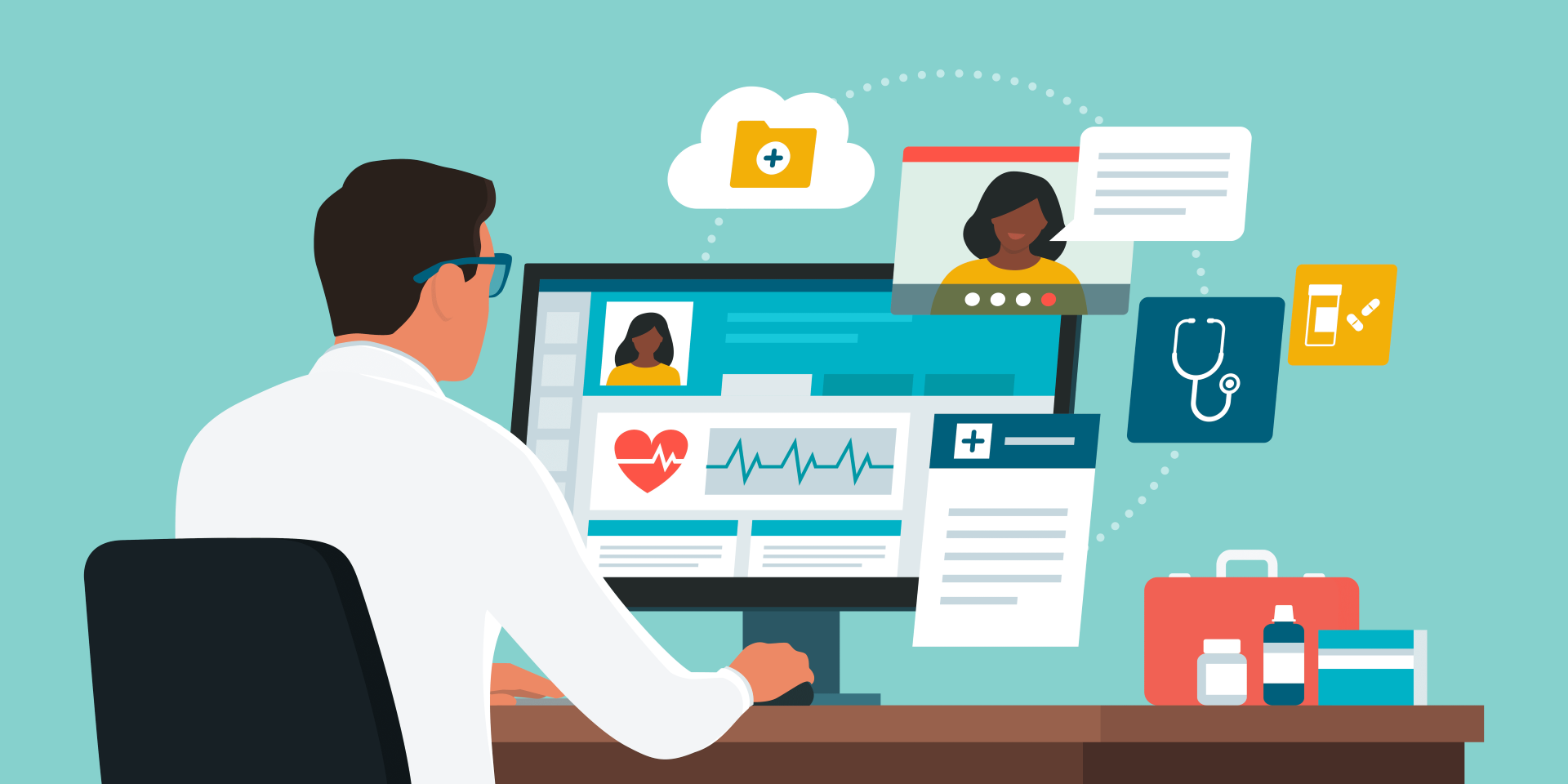
Oct 23, 2024


Empowering Orthopedic Practices with Smart, Scalable, and Cloud-Based EMR Solutions
Read more
Revolutionizing Patient Flow: The Best AI-Powered Hospital Bed Management Software in 2025
Read more
Discover the Top Features, Benefits, and Process of Choosing the Right EMR Software for General Practitioners in India
Read more